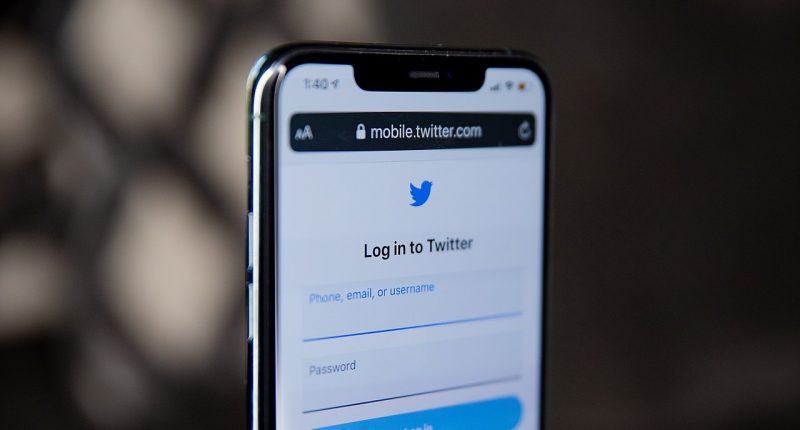Twitter Inc. might have been the last social media platform to agree to the new IT rules in India, but it has finally opened up to fully complying with them. And now, it has come to light that the blue bird has officially appointed a resident grievance officer in the country, less than a month after it lost the liability protection on user-generated content for not complying with the new guidelines.
Through a statement released on Sunday, the social media giant said that Vinay Prakash has been selected as the Resident Grievance Officer in the country. A mail ID has also been provided for him.
The New IT guidelines which have been issued by the IT Ministry, had ordered social media firms having users in excess of 5 million, to set up a comprehensive, three-tier grievance redressal system, complete with a resident grievance officer. Another clause under the guidelines requires social platforms to issue periodic transparency reports regarding their functioning.
Following the announcement that it would comply with the new rules, Twitter said on its transparency page that “In compliance with Rule 4(1)(d) of the Information Technology (Intermediary Guidelines and Digital Media Ethics Code) Rules, 2021, we have published our inaugural report on July 11, 2021 for the reporting period from May 26, 2021 through to June 25, 2021.”
The company had appointed a grievance officer earlier as well, who quit just a few weeks into the job. Later, the firm had appointed an interim compliance officer (a non Indian) earlier this month, and had said that it would soon appoint two other temporary officers as well. However, as per the new IT rules, the grievance officer has to be an Indian citizen, and thus, Jeremy Kessel’s appointment (who is Twitter’s Global Legal Policy Leader) was still a violation.
Twitter had asked the Delhi High Court for a period of eight weeks to appoint a grievance officer, and had announced that its first compliance report would be made public by July 11.
However, the Court seemed rather unamused, and asked the platform to file an affidavit declaring the above details within a period of two weeks. Additionally, all interim officers have also been asked to file affidavits declaring that they would take responsibility for the duties that are assigned to them.
Following its failure to comply to the IT rules which came into effect on May 25, Twitter had lost its legal protection against prosecution last month. As such, it became the target of multiple lawsuits in Delhi, Ghaziabad, and Madhya Pradesh, all of which were either linked to an assault on a Muslim man, or to cases of child pornography.
For the unversed, the legal protection cover for internet services means that such platforms are not held liable to monetary damages on account of posts made by their users.
Other internet and social services in India, including Facebook, Google, and even Telegram have already complied to the guidelines. Some of these have even issued their first transparency reports.
India is just one among many countries that are coming down hard on social media and internet companies. Russia has been in a legal battle with Twitter, Facebook, and even Google since the beginning of the year, over their apparent failure to take down banned content. China too, requires firms to store the data of all their users, on local databases.
The Tech Portal is published by Blue Box Media Private Limited. Our investors have no influence over our reporting. Read our full Ownership and Funding Disclosure →






